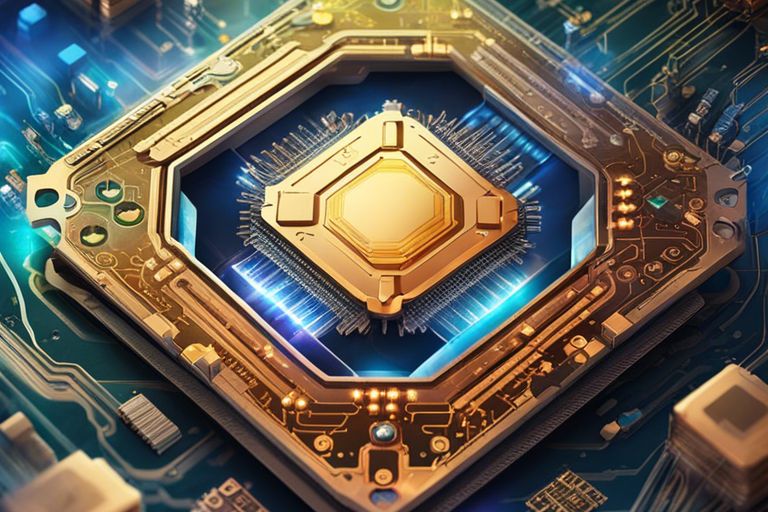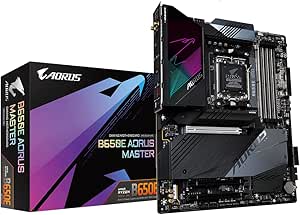Over time, your computer’s CPU (Central Processing Unit) may start to slow down, affecting the overall performance of your device. Optimizing your CPU performance is crucial for ensuring that your computer runs smoothly and efficiently. Here are some tips to help you optimize your CPU performance:
1. Keep Your System Updated: One of the most important steps in optimizing your CPU performance is to regularly update your operating system and software. Updates often include performance enhancements and bug fixes that can help improve the efficiency of your CPU.
2. Monitor Your CPU Usage: Use task manager or a similar tool to monitor your CPU usage. Identify any applications that are using a significant amount of CPU resources and close them if they are not necessary. This will help reduce the strain on your CPU and improve performance.
3. Disable Startup Programs: Many programs automatically start when you boot up your computer, consuming valuable CPU resources. Disable any unnecessary startup programs to free up CPU capacity and improve performance.
4. Clean Your Computer: Dust and debris can accumulate inside your computer and cause it to overheat, leading to decreased CPU performance. Regularly clean your computer, especially the fans and vents, to ensure proper airflow and cooling.
5. Manage Power Settings: Adjusting your power settings can also help optimize your CPU performance. Set your computer to a balanced or high-performance mode to ensure that your CPU is running at its full potential.
6. Upgrade Your Hardware: If your CPU performance is still lacking, consider upgrading your hardware. Upgrading your CPU, adding more RAM, or switching to a solid-state drive can significantly improve the performance of your computer.
7. Use Performance Optimization Tools: There are several optimization tools available that can help you optimize your CPU performance. These tools can help you clean up junk files, manage startup programs, and fine-tune your system settings for better performance.
8. Disable Visual Effects: Disabling unnecessary visual effects can lighten the load on your CPU and improve performance. Adjust your system settings to a more basic visual mode to reduce the strain on your CPU.
9. Close Unused Applications: Running multiple applications simultaneously can strain your CPU and slow down your computer. Close any unused applications to free up CPU resources for the tasks you are currently performing.
By following these tips and incorporating them into your regular maintenance routine, you can optimize your CPU performance and ensure that your computer runs smoothly and efficiently.



![Roblox Digital Gift Code for 800 Robux [Redeem Worldwide - Includes Exclusive Virtual Item] [Online Game Code]](https://m.media-amazon.com/images/I/51Z3282k9cL._SY430_SX215_QL70_ML2_.jpg)